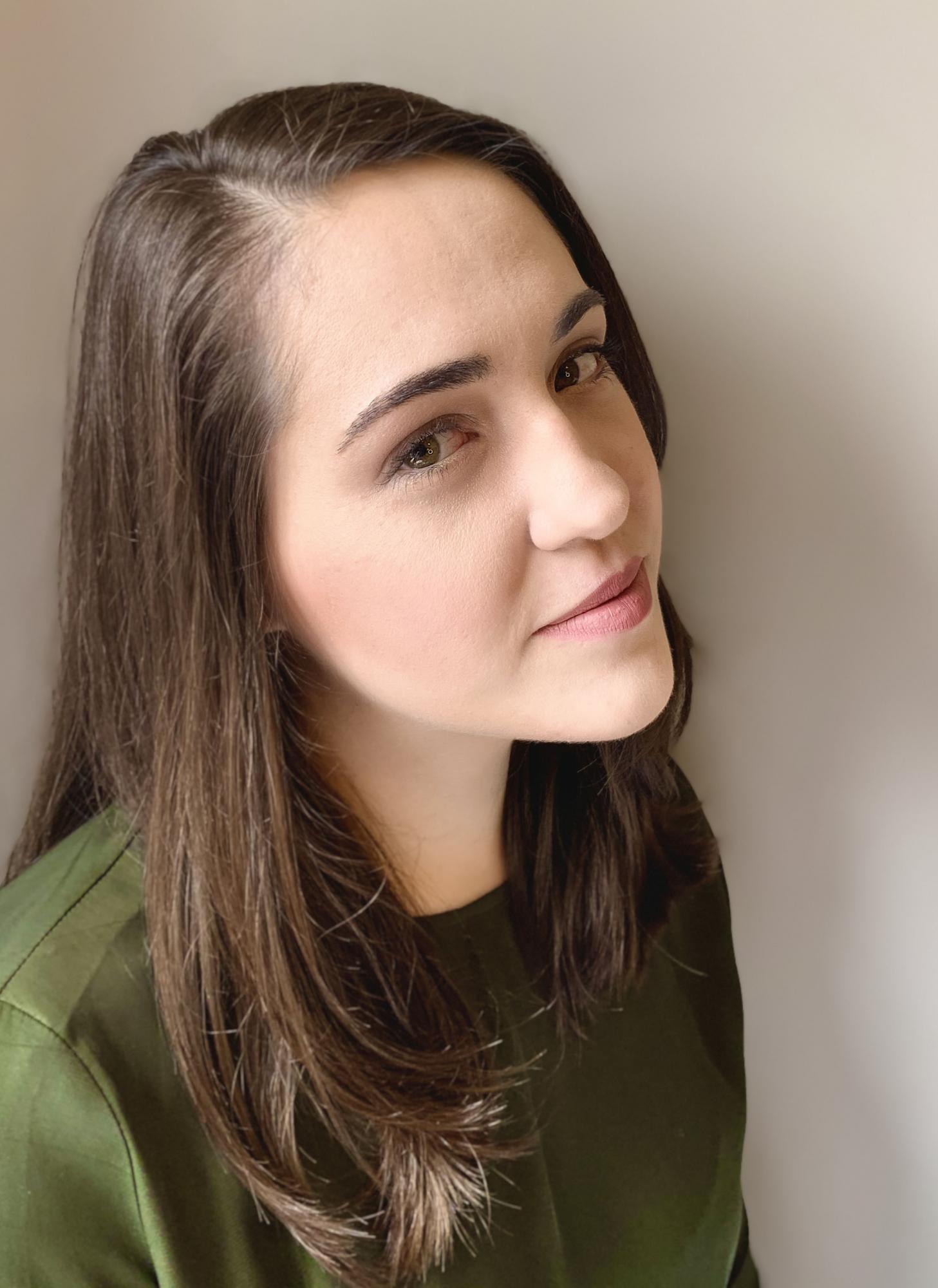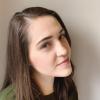Meet Teaching Artist Elizabeth Bluth


Elizabeth Bluth is a writer of fiction, poetry, and plays. Her work has been published or is forthcoming in LIT Magazine, Kissing Dynamite Poetry, VERSIFICATION, Emerge Literary Journal, and others. She has served as a graduate teaching fellow at the New School and a co-instructor for travel courses at the University of Redlands. She has a BA in creative writing and theatre; a certificate in classical acting from the London Academy of Music and Dramatic Arts; and an MFA in creative writing, fiction from the New School.
To see Elizabeth's current class list, visit her artist bio page.
***
When did you start teaching? What path—career or otherwise—brought you here?
I was a TA during my undergraduate career, assisting on literature and drama courses. I loved talking about books and helping direct students in performances for class. I even got to travel to the UK and Greece to teach about Shakespeare and Greek theatre. I've been very lucky to have some incredible teachers and professors during my MFA, at literary festivals, and in online courses, and I enjoy the opportunity to give back to the writing and literary community by passing on my knowledge to the next generation of writers.
How would you describe your teaching style?
I think it's important, as a student, to hear from your fellow writers in class, which is why my courses are based around discussion and workshop. Though there is some lecture in the first few days to give context to our readings, I encourage students to provide their own insights and discuss interpretations of our work in class. In workshop, we focus on positive and helpful critique of work, asking questions to help the author gain insight, and allowing the author of the piece to help guide the discussion to best help their revision process.
When it comes to imagining and creating classes, where do your ideas come from? What in particular inspires you?
Often my ideas come from questions I have or connections I've discovered during my own reading or coursework that I then develop into a sort of group investigation as a class. The class I'm teaching in July, Monsters and Magic in Fairytales, came out of my love of fairytale literature and myths but also a questioning of why these are stories we are still telling and retelling today. I wanted to know what it is about these particular tropes, characters, plots that drew us in as humans and societies, and, as my research continued, why these story types exist across cultures and time. Essentially, I've found myself finding new ways to ask what connects and divides us as humans? And how do writing and storytelling influence these connections and divisions? How can I do this in my own writing?
What's the ideal environment for your classroom? What atmosphere are you hoping to establish?
I want my students to feel challenged and inspired but also safe to express themselves and take risks. I want to create a classroom environment where students feel comfortable asking questions both about the topic at hand and about writing in general, sharing their work with each other, and experimenting in their writing.
Regardless of what your class is specifically focusing on, what's the main goal you have for your students?
Growth, as a writer, as a reader, as a member of the literary community. I want each of my students to leave my class feeling like they're more confident in their own writing and more connected to the literary community than they were before class started.
What are goals you have for yourself? These could be teaching goals, writing goals, career goals, community goals, etc.
I'm currently working on a novel and polishing a short story collection. I'd love to see one of them sold to a publisher in the next two to three years. I also would love to start a writers accountability group. I know since the pandemic started its been difficult for me to write consistently, and though I have a few individuals who I swap stories with, it'd be great to have a writing group again to hold me more accountable to a writing/editing schedule.
To you personally, what is the most important part of the literary arts?
Finding and sharing your voice. I think especially now with the ability allowing greater accessibility for more people to share their work with each other, being able to share the stories only you can tell and are excited to tell with readers is so important.
